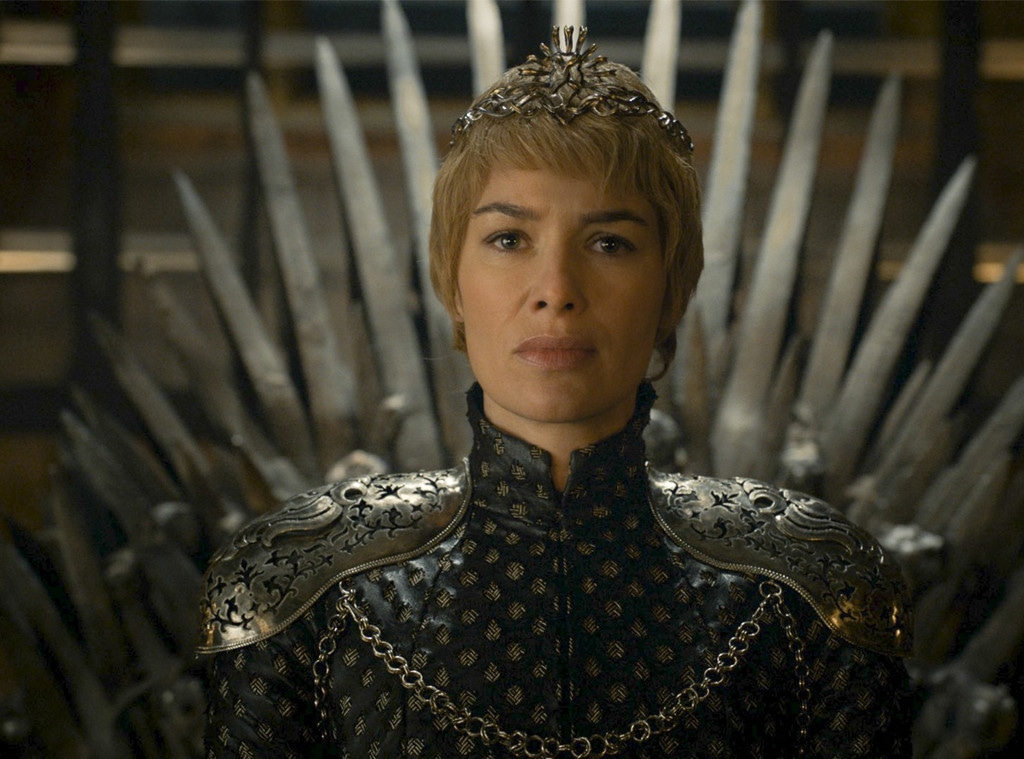 HBO
HBOThe X-Files couldn't do it. Lost did it only once, before things got too weird. Outlander and The Walking Dead haven't even been invited to the party. But for the second season in a row, Game of Thrones seems poised to dominate the drama categories at the 68th Primetime Emmys. And for a show with fire-breathing dragons, that's damn near miraculous.
If one were to look back at the shows who've earned nominations from the Television Academy for Outstanding Drama Series over the years, they'd be hard-pressed to find any from the realm of fantasy, science fiction, or horror. While there have been a small handful of pat-on-the-back "the nod is the win" nominations here and there, the proliferation of truly excellent, award-worthy "genre" programming across the television landscape has outpaced the antiquated notions held by voters that have routinely ghettoized such shows. You know the argument: "It's good—for a sci-fi show." While critics and fans alike were discovering that some of the best damn shows on TV—period—were in these genres, voters were steadfast in their belief that a drama had to look like The West Wing or Mad Men (both terrific shows, no doubt) to take home top honors.
That all changed in September 2015 when Game of Thrones, on its fifth nomination in the category, finally won. But what is it about the HBO series that allowed it to do what so few like it have done? And why didn't its victory open the floodgates for more shows of its ilk when this year's nominations were announced yesterday? Let's examine.
Right off the bat, the pedigree of Game of Thrones' network can not be ignored. There is a luster that surrounds an HBO product, granted to even the slightest of programs on the network. This was the home of The Sopranos and Sex and the City, after all. Its programs may not have won Outstanding Drama or Comedy year after year—in fact, you might be surprised to know that the network has only taken home top drama honors three times ever—but there's a perception that HBO is the pinnacle of prestige television. If a show is granted a home there, voters know it's worth sitting up and taking notice of—even if it features a make-believe medieval world bedeviled by ice zombies.
Of course, network alone doesn't win shows Emmys. They have to, you know, actually be terrific. Luckily, that's not anything Game of Thrones has ever had to worry about. Its sprawling cast of remarkable actors have kept us rapt since day one, with Lena Headey and Peter Dinklage leading the pack. The writing is top notch, the directing consistently sumptuous, inventive, and able to incorporate a bevvy of special effects and CGI imagery seamlessly. But why season five? Why then?
The show had already overtaken the zeitgeist in seasons past and it wasn't as if the Academy was unaware of it until then. It had nominated it every year prior, after all. But as the series moved further and further away from the sexposition that it was known for in its early days and trusted that viewers had a firm enough handle on the sprawling world it had created, it was able to dive headfirst into truly gripping stories that voters crave. Fans may have rightly criticized the decision to foist a sexual assault upon Sansa (Sophie Turner) in season five, but watching the character recover her dignity, her power, and her place in the world afterwards is the sort of thing that's catnip to the Academy. That on top of Cersei's (Headey) walk of atonement and the major Jon Snow (Kit Harington) cliffanger? Game of Thrones was a force to be reckoned with. And it didn't hurt that its season finale aired just before voting began, ensuring that it remained fresh in voters' minds.
Ultimately, Game of Thrones' breakthrough may have been aided by a bout of perfect timing. The old guard's notions of what makes an acceptable prestige program seemed to be slipping just as GoT was emerging as one of television's best shows, but as was seen on Thursday morning, that doesn't mean the floodgates have been opened. Outlander fans were dismayed, once again, to see their beloved show shut out. And as inventive as The Walking Dead may be in its episodic structure, its remarkably gory nature and stagnant storytelling may never let it out of the genre TV ghetto. Like we said, a show still has to be top-notch to get invited to the party.
And that's what Game of Thrones—top-notch television in any genre. It is officially 2016's most-nominated series, with a whopping 23 nods. Season six proved to be its highest-rated and its most critically acclaimed. The show is unstoppable. And come September, barring any upset from surprising little upstart Mr. Robot, it'll likely have a repeat win for Outstanding Drama Series—chiseling away at that genre television stigma ever more.
Why do you think Game of Thrones has been able to breakthrough when other genre shows haven't? Let us know in the comments below.
The 68th Emmy Awards airs live Sunday, September 18 at 7 p.m. on ABC.